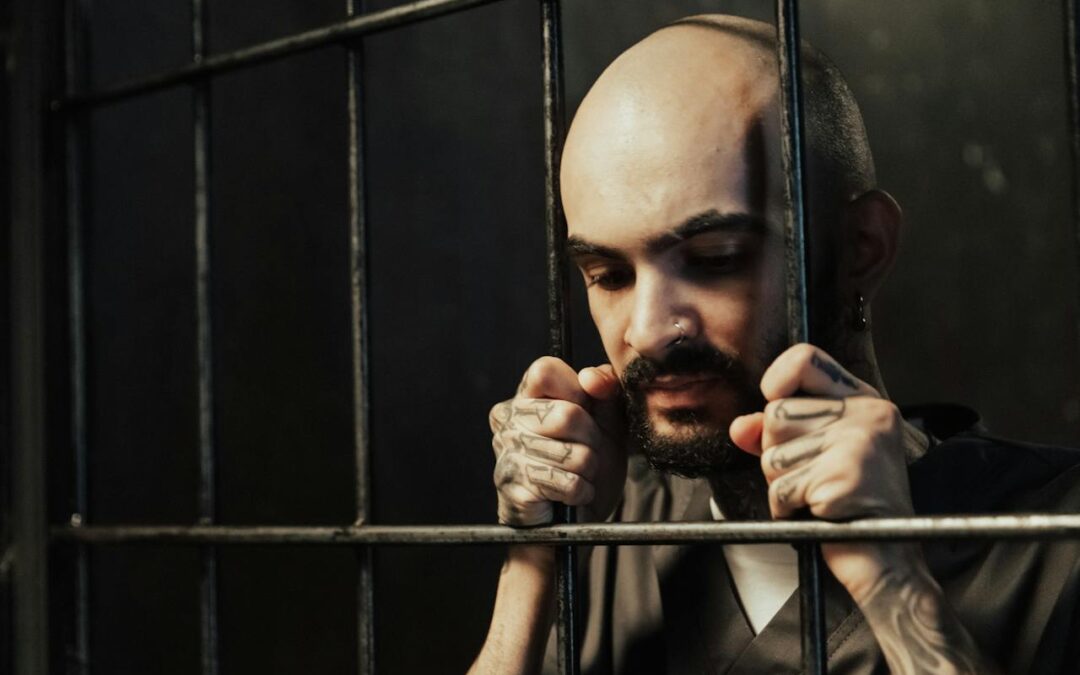Our criminal justice system is designed to ensure that the guilty are held accountable for their actions.
But wrongful convictions are a heartbreaking reality within the system.
All too often innocent people face the prospect of spending their life behind bars for crimes that they did not commit.
According to some estimates, somewhere between 2 and 8 percent of convictions are wrongfully obtained each year.
One of the most heartrending cases of wrongful conviction is that of Michael Morton, who was sentenced to life in prison for the murder of his wife. Morton maintained his innocence throughout his trial and even after his conviction. Over two decades later, DNA evidence proved his innocence, and Morton was released from prison. His case was a turning point in the fight against wrongful convictions.
https://innocenceproject.org/cases/michael-morton
The importance of thorough investigations and ensuring accuracy in all evidence cannot be understated.
What Can Lead To Wrongful Conviction?
Wrongful conviction can occur due to a variety of factors, often involving systemic issues within the criminal justice system.
Some common reasons for wrongful convictions include:
- Eyewitness Misidentification: Mistaken identification by eyewitnesses is a leading cause of wrongful convictions. Factors such as stress, fear, or the use of suggestive identification procedures can contribute to inaccurate identifications.
- False Confessions: Individuals may confess to crimes they did not commit due to coercion, intimidation, exhaustion, jury lengthy interrogatories, or mental health issues. False confessions can be compelling evidence in Court, leading to wrongful convictions.
- Inadequate Legal Representation: A lack of effective legal representation, often due to underfunded public defender systems or overworked defense attorneys, can result in incomplete investigations, failure to challenge evidence, and inadequate preparation for trial.
- Prosecutorial Misconduct: Unethical practices by prosecutors, such as withholding exculpatory evidence, presenting false evidence, or engaging in improper conduct during trials, can lead to wrongful convictions.
- Flawed Forensic Evidence: Misinterpretation or misuse of forensic evidence, including outdated techniques or unreliable methods, can contribute to wrongful convictions. Advances in forensic science have highlighted the limitations of some traditional forensic practices.
- Inadequate Expert Testimony: Relying on flawed or biased expert testimony, especially in complex scientific or technical areas, can result in wrongful convictions. It’s crucial to ensure that expert witnesses are qualified and present reliable information.
- Inadequate Defense Investigation: A lack of thorough investigation by the defense team, including failure to interview witnesses, explore alibis, or challenge the prosecution’s evidence, can contribute to wrongful convictions.
- Mistakes in Evidence Handling: Mishandling or contamination of physical evidence, whether intentional or accidental, can compromise the integrity of the evidence and lead to false conclusions.
To safeguard justice, we must address the root causes of wrongful convictions by changing reforms, encompassing unbiased investigations, updated forensic methodologies, and a commitment to transparency.
As a society, we must demand accountability and ensure that the pursuit of truth takes precedence over expedience.
Only then can we hope to build a criminal justice system that truly upholds the principles of fairness, accuracy, and the protection of innocent lives.
Need assistance with a conviction? Contact our office today!

